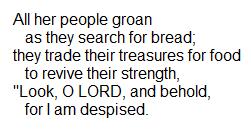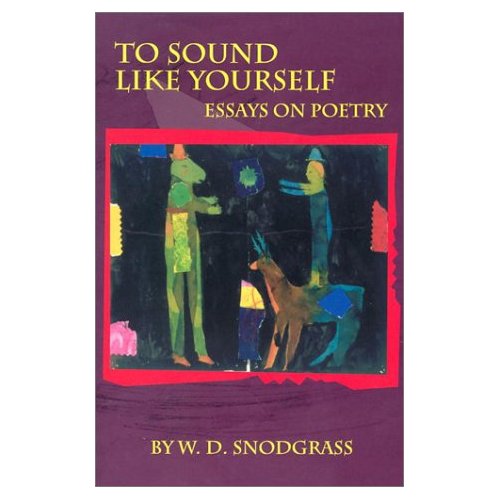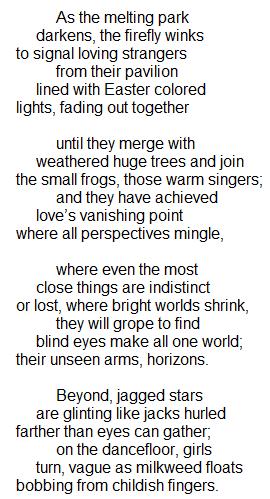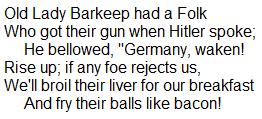The Rules of Subversion
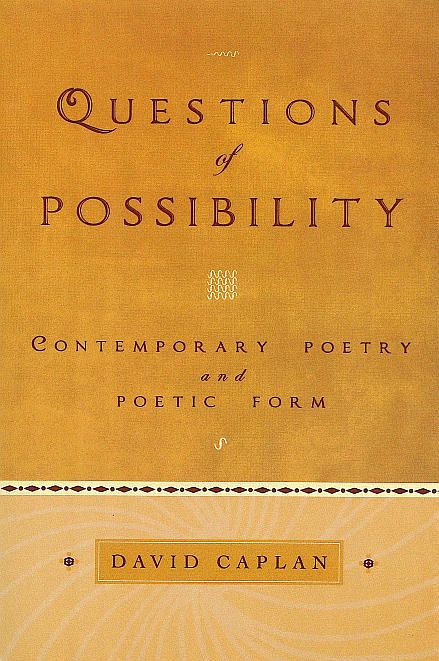
Questions of Possibility: Contemporary Poetry and Poetic Form by David Caplan. Oxford University Press, 2005.
As Reviewed By: J. S. Renau
The most charming aspect of David Caplan’s disjointed study of poetic form, Questions of Possibility, is his even-tempered catholicity.… continue reading...




